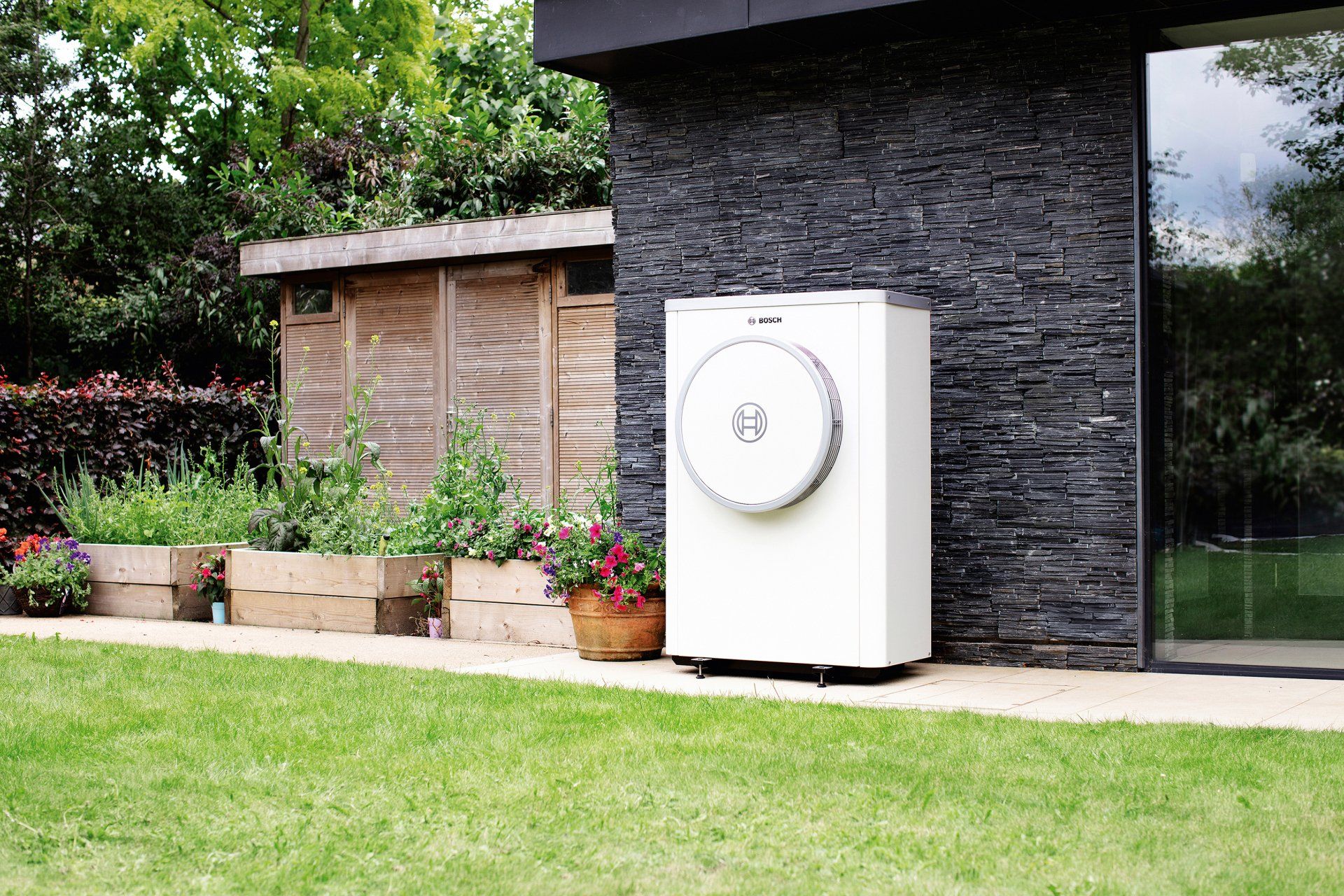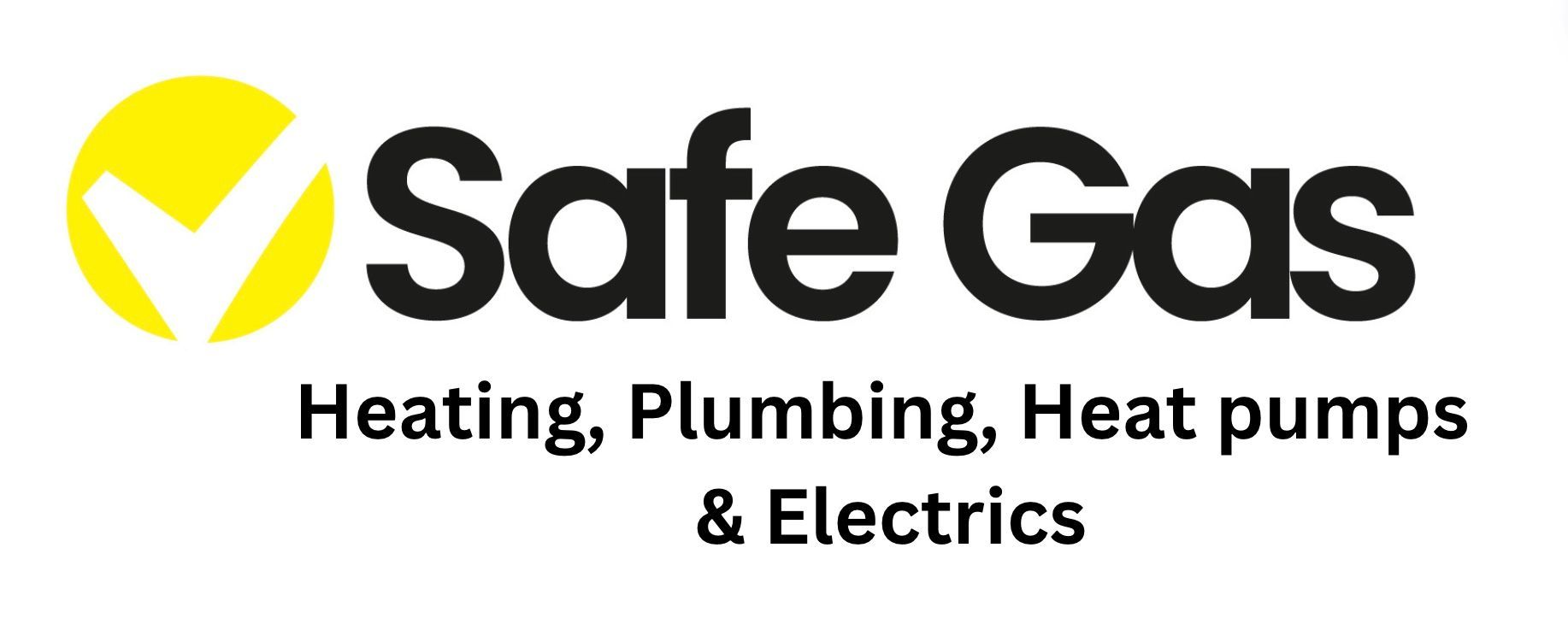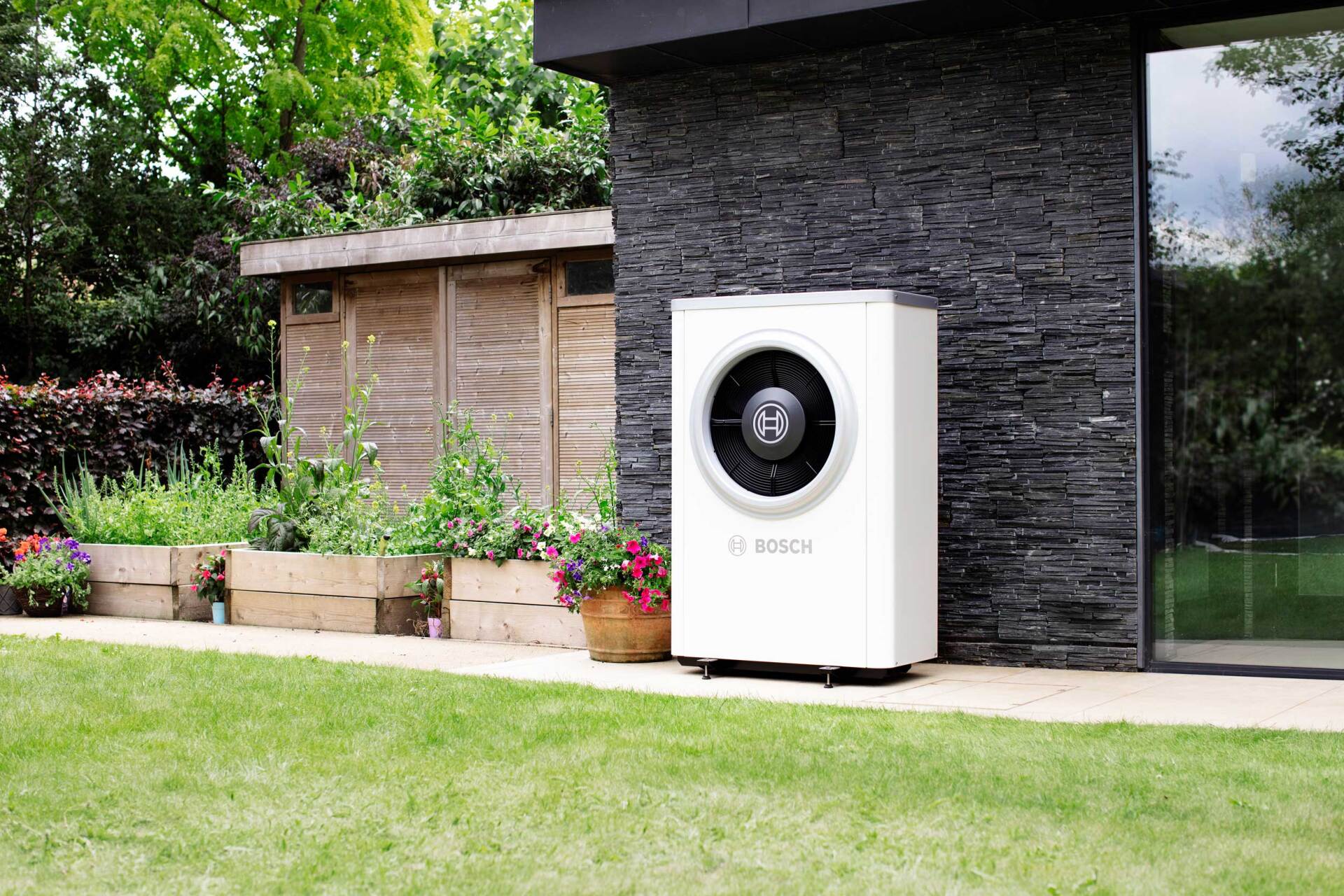Air Source Heat Pumps - A greener way to heat your home
A greener way to heat your home

So, what is an Air source Heat Pump?
Heat pumps have been around for longer than you might think.
The first heat pump system was developed and built in the 1800s and the science behind it has been developing and improving ever since.
Today, heat pumps are considered the most efficient heating system on the market. They are highly cost effective and very environmentally friendly too.
ASHPs work by extracting heat energy from the air, which is then directed throughout your home via either a dedicated hot water cylinder and radiators, or underfloor heating system.
Due to the ASHP’s ability to operate consistently at low temperatures make them very efficient, up to 300% in fact. This is over three times more efficient than a conventional gas boiler, which run at an average of 92% efficiency.
The Boiler Upgrade Scheme
Air Source Heat Pumps are covered by the government’s Boiler Upgrade Scheme, which allows homeowners who choose to install Heat Pumps up to £5000 towards the installation cost.
This is part of an ongoing government pledge to encourage homeowners in the UK to switch to cleaner energy sources. A total of £450 million has been allocated to the scheme across three years from 2022 – 2025 to offer grants to those who choose to make the change.
The £5000 grant available to those who install heat pumps covers roughly 50% of the average installation cost and is available as up-front funding which is applied for by the contractor and deducted from any quotations offered.
Things to consider when installing an Air Source Heat Pump
Although ASHPs are suitable for most properties, there are some factors to think about when considering if your home is compatible.
Some outside space is required. The heat pump itself is not particularly big, normally between 1 and 1.5 metres high, and between 0.5 and 1 metre wide, roughly the size of the average washing machine. So long as there’s enough space for the outside unit itself and room to allow for proper ventilation, you should be good to go.
ASHPs work particularly well with underfloor heating systems, but this is not a requirement in order to consider one. As long as your property is well insulated, a heat pump should
work just fine. If you’re looking to make your property more energy efficient all round, it might be worth considering improving insulation quality, upgrading your radiators or installing an underfloor heating system as part of your ASHP installation.
If your neighbours are very close by or the properties share a party wall, noise levels are another thing to take into account. ASHPs are not particularly loud but they do produce some noise while they’re working. For most properties this won’t pose a problem, but it may be a factor in deciding where to position the outside unit.
Thinking of going ahead?
If you’re considering an ASHP or are looking for a quote, we provide free site surveys, and are happy to answer any questions you might have.
Please don’t hesitate to get in touch with a member of the team






